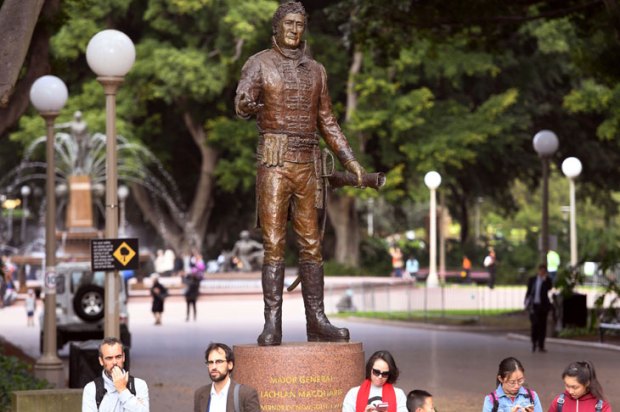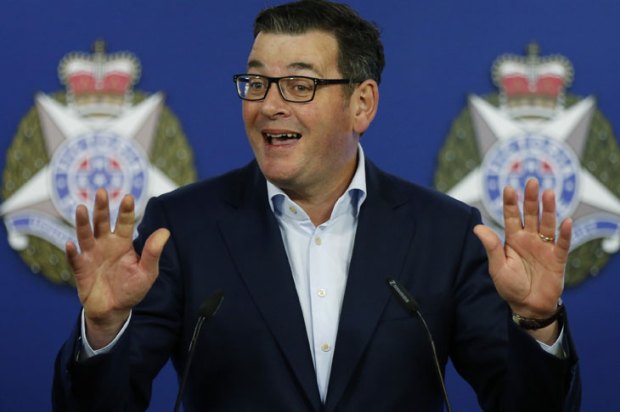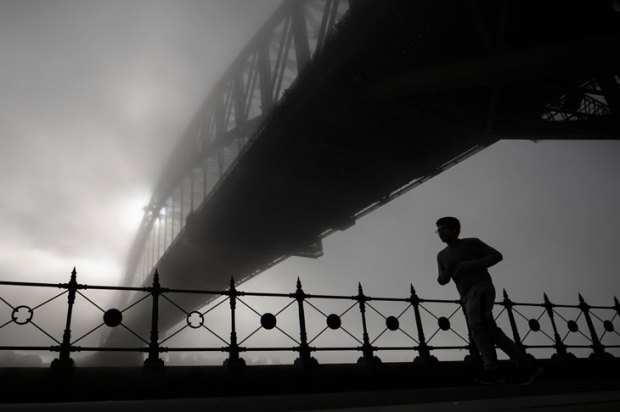Like many Speccie readers I’m old enough to remember when men smoked pipes on buses and tradies whistled. I can also recall my parents using the phrases ‘It’s a free country’, ‘You’re entitled to your opinion’ and ‘There ought to be a law against it’ on a regular basis, and settling disputes between me and my brothers with the adage ‘Sticks and stones might break your bones but names will never hurt you’. Few will mourn the passing of the pipe, and once technology made it possible to enjoy your favourite music wherever and whenever you like without annoying your neighbours, the extinction of the public whistler was inevitable. But can you remember the last time you used the phrase ‘It’s a free country’ without irony? And even those who do still hide their contempt for someone else’s opinion by telling them they are entitled to it, do so knowing that this truism now carries the codicil ‘as long as that opinion does not offend me’. In which case the opinion holder might well find that thanks to the gratification of a wish which even ten years ago wasn’t meant to be taken seriously, today there is a law against it, and one that’s enforced more diligently than any smoking ban.
By the same token, only a parent waking from a very deep coma would now tell a child that name-calling doesn’t hurt. The Australia they’ve woken up to, after all, is one where – notwithstanding this global warming everyone’s talking about – snowflakes are anything but a rarity, especially in our major cities. It may not roll off the tongue quite as easily, but the modern Australian parent would be more likely to prepare their offspring for school with the maxim that ‘Sticks and stones might get you counselling or at worst a suspension, but calling someone names will make you a social media pariah and later in life will cost you your job and may even incur a prison sentence.’
This, despite the fact that that the vast majority of Australians aren’t easily offended and don’t consider themselves to be victims of anything other than droughts and bushfires. Indeed, they tend only to register their dissatisfactions when the law compels them to every three years or so. Between elections, though, those whose job it is to set the rules we live by are subject to an unrelenting tide of grievance from shrill minorities who have learnt to amplify their outrage with social media, and whose goals are championed by left-leaning media and a corporate sector utterly terrified of being tarred with brush of bigotry.
Nowhere are those minorities more vocal than on university campuses, of course, and Australia is no different in this respect from any other Western democracy. For a large part of the international student body – and an even larger proportion of its teachers – the dissemination of knowledge is now very much a secondary consideration to the promotion of ‘wokeness’ in its myriad forms. I thought about this last week at my son’s graduation at the University of Virginia. 2019 being UVA’s bicentenary year, the administration had gone to considerable trouble and expense to big the ceremony up, and like most parents I assumed that the valedictory address – always the inspirational high point of these things – would be given by one of the university’s most distinguished alumni; UVA having produced a good many great statemen and women, several Pulitzer Prize winners and even the odd Nobel Laureate. The address was delivered, in fact, by someone called Pharelle Williams, who younger Speccie readers will know made his name and not inconsiderable fortune in the academically undemanding field of rap music.
Even more surprising, though, was the fact that Mr Williams was not a UVA graduate – was not, in fact, a graduate of any university, and had dropped out of the one he did attend after just one year. So what, you may wonder, qualified him to deliver a speech to several thousand young men and women who’d stayed the course at this one?
And then I remembered that nowadays UVA is less famous for being the university founded by Thomas Jefferson than it is for being the setting for a 2016 race riot. No further explanation needed.
Got something to add? Join the discussion and comment below.
Get 10 issues for just $10
Subscribe to The Spectator Australia today for the next 10 magazine issues, plus full online access, for just $10.
You might disagree with half of it, but you’ll enjoy reading all of it. Try your first month for free, then just $2 a week for the remainder of your first year.














Comments
Don't miss out
Join the conversation with other Spectator Australia readers. Subscribe to leave a comment.
SUBSCRIBEAlready a subscriber? Log in